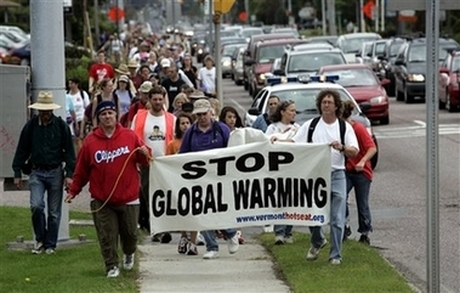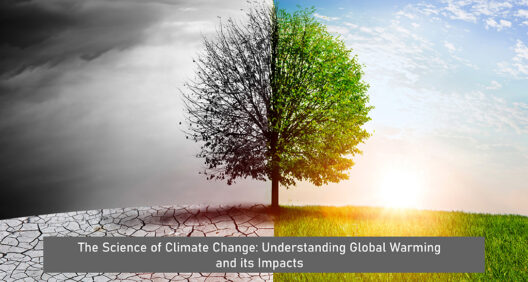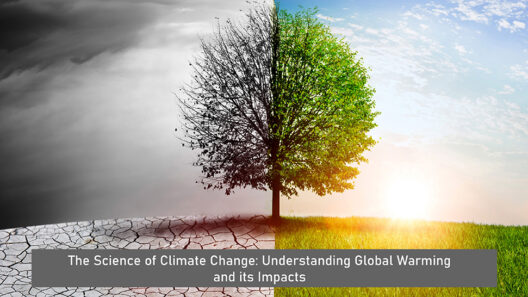Global warming has become one of the most pressing issues of our time. As the planet warms due to human activity, nations around the world are beginning to acknowledge the gravity of the situation and are responding with various legislative measures. However, the question remains: are there effective laws aimed at combating global warming? This discourse aims to elaborate on the existing legal frameworks and actions undertaken by various governments while also examining the underlying complexities that spark intrigue in this pivotal subject.
The primary tool used to address climate change is legislation. Different countries employ varied approaches as they grapple with the intricacies of global warming and its multifaceted challenges. Laws targeting greenhouse gas emissions, land use, renewable energy adoption, and conservation of natural resources are critical components in the global strategy to combat climate change.
International agreements, such as the Paris Agreement, signed by nearly every nation on Earth, constitute a significant aspect of global governance in the realm of climate action. Countries commit to limiting global temperature rise by reducing their greenhouse gas emissions. This agreement, while not legally binding in the traditional sense, invokes a moral obligation for nations to fulfill their pledges and make progress. Each country submits its “Nationally Determined Contributions” (NDCs), detailing how it intends to reduce emissions.
Within individual nations, laws vary extensively. For instance, the United States has a multitude of federal, state, and local regulations concerning air quality, emissions standards, and sustainable energy. The Clean Air Act, established in 1963 and amended several times since, serves as a pioneering statute for regulating air pollutants. It is bolstered by initiatives such as the Renewable Fuel Standard, which mandates a certain volume of renewable fuel to be blended into the transportation fuel supply.
On the other side of the Atlantic, the European Union has developed intricate frameworks such as the Emissions Trading System (ETS), a cornerstone of its climate policy. The ETS operates on a principle of cap and trade, allowing industries with low emissions to sell their excess allowances to larger emitters. This market-driven approach incentivizes reductions in greenhouse gas emissions and promotes the transition toward greener technologies.
However, the effectiveness of such laws may often be impeded by an array of factors. Political resistance, economic interests, and social fabric complicate the legislative landscape. For example, coal-dependent regions may resist stricter regulations due to fears of job losses, while industries with vested interests in fossil fuels lobby against legislation that threatens their business models. Balancing economic growth with environmental responsibility remains a formidable challenge and often stymies robust action.
Moreover, there exist disparities in the capacity of nations to address climate issues. Wealthier countries tend to possess the technological prowess and financial resources to implement stringent environmental regulations. Conversely, developing nations frequently struggle with the dual burdens of economic development and ecological preservation. Such inequities raise questions about the fairness of international agreements and the financial mechanisms designed to support climate action globally.
In an attempt to equalize efforts, many governments have initiated collaborations that transcend borders. For example, the Global Environment Facility provides funding for projects that aim to reduce carbon emissions in developing countries. This collective approach underscores how global warming necessitates a united effort. Despite individual national interests, the interconnectivity of climate change demands cooperation and solidarity.
Education and public awareness are crucial adjuncts to legislation. Governments increasingly recognize that informing citizens about climate change and sustainable practices can galvanize collective action. From school curricula emphasizing environmental science to national campaigns highlighting individual carbon footprints, the dissemination of knowledge is pivotal. When the populace understands the ramifications of climate inaction, they may advocate for more aggressive policies, thereby influencing legislative priorities.
Additionally, scientific research plays a vital role in shaping effective laws against global warming. Policymakers rely on empirical data and models forecasting climate variations to base their decisions. Fellowship with scientists and environmentalists can lead to nuanced and dynamic regulations that adapt to evolving circumstances.
Despite the foundational legal frameworks in place, the pace of global warming continues to escalate. This observation serves as a stark reminder of the need for more ambitious action. Laws alone, while significant, cannot encapsulate the depth of the challenges posed by climate change. Societal shifts towards sustainable practices, technological innovations, and holistic approaches are necessary complements to legislative endeavors.
The fascination surrounding global warming often stems from its complex interplay of scientific understanding, ethical considerations, and socioeconomic ramifications. It is not merely a scientific dilemma but a profound human crisis that interlinks with questions of justice, equity, and responsibility. As awareness of these deeper issues grows, so too does public demand for comprehensive action against climate change.
In conclusion, while laws against global warming do exist within a mosaic of international and national frameworks, their efficacy is contingent upon myriad factors. The dynamics of political will, economic interests, and social consciousness will ultimately shape the effectiveness of these laws. A united front—demanding robust legislation, innovative solutions, and widespread education—is essential as humanity navigates this critical junction in its history. The fight against global warming is not just the responsibility of governments alone; it is a collective endeavor that encompasses individuals, communities, and nations alike, working towards a sustainable future.








